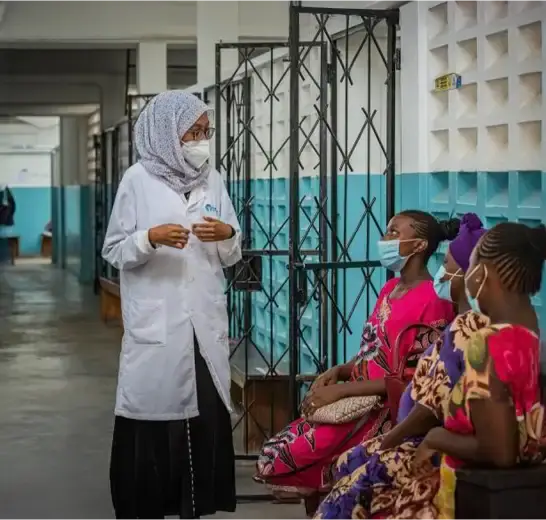
Can Kenya Develop Into a Regional and International Medical Tourism Hub?
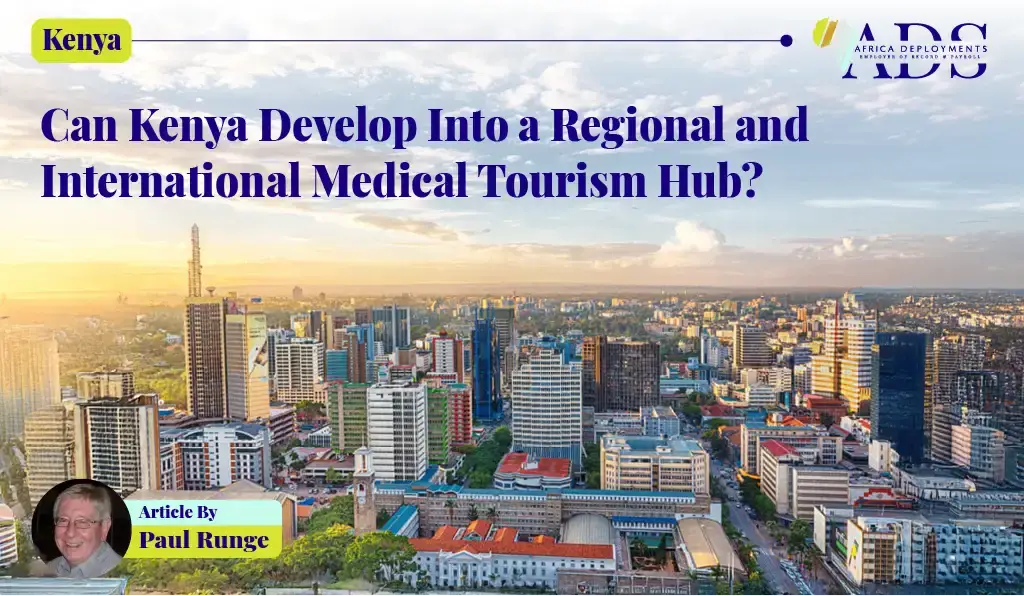
A major government announcement on medical tourism
In May 2024, the Kenyan Cabinet Secretary for Tourism and Wildlife, Dr Alfred Mutua, announced that his government has initiated a strategy and campaign to position Kenya as a comprehensive medical tourism hub. The campaign will result in the launch of a specialised portal to facilitate the processing of international patients seeking medical care in the country. International medical protocols will be implemented. He added that the authorities are planning meetings with relevant stakeholders and medical practitioners to ensure the required expertise, equipment, technology and infrastructure are in place.
Treatment categories will comprise critical and specialised treatment areas such as cardiovascular, renal and kidney, oncology, orthopaedic, and cosmetic surgery. Six priority counties were identified to host medical tourists, with Nairobi as the main centre. The others listed were Mombasa, Kisumu, Machakos, Kiambu and Uasin Gishu.
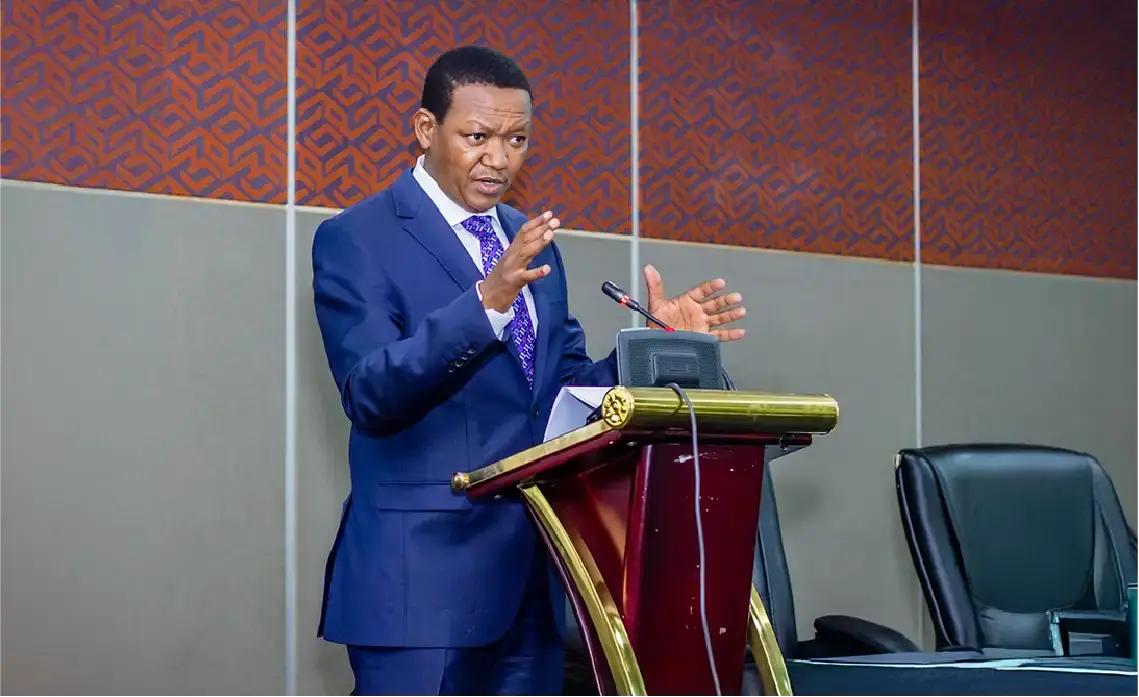
Kenya: Already a major leisure tourism destination
The tourism sector is recovering well from the COVID-19 pandemic. In 2023, 1,75 million tourists visited the country. This was up from the 1,48 million who arrived in 2022. Most were from Europe, with those from the UK and Germany registering the highest numbers. The country’s rich wildlife resources are the obvious main attraction. Kenya is one of the easiest African destinations to visit. A good number of nationalities (including South Africans) are exempt from visa requirements. Visa requirements for other international visitors have recently been replaced by an easier electronic travel authorisation system.
But a limited inflow of medical tourists
According to the Kenyan medical authorities, the country currently receives some 5 000 medical tourists per annum. A large percentage of these are from other African countries. There is clearly an opportunity to attract more potential patients from Europe and other continents.
Nairobi: Already a regional trade, business and logistics centre
Kenya’s capital city of Nairobi is unquestionably already a major trade and logistics hub for East Africa. The city is the chosen East Africa regional headquarters for multinationals, companies, regional organisations, non-governmental organisations and United Nations agencies. The high level of business activity results in a constant inflow of business visitors.
The number of expatriates (living mainly in the high-end suburbs of Nairobi) is also high. The demand for relatively advanced medical facilities and care is elevated by the requirements of these foreign visitors and residents. The Aga Khan University Hospital in Nairobi is one of the medical facilities which treats many medical visitors.
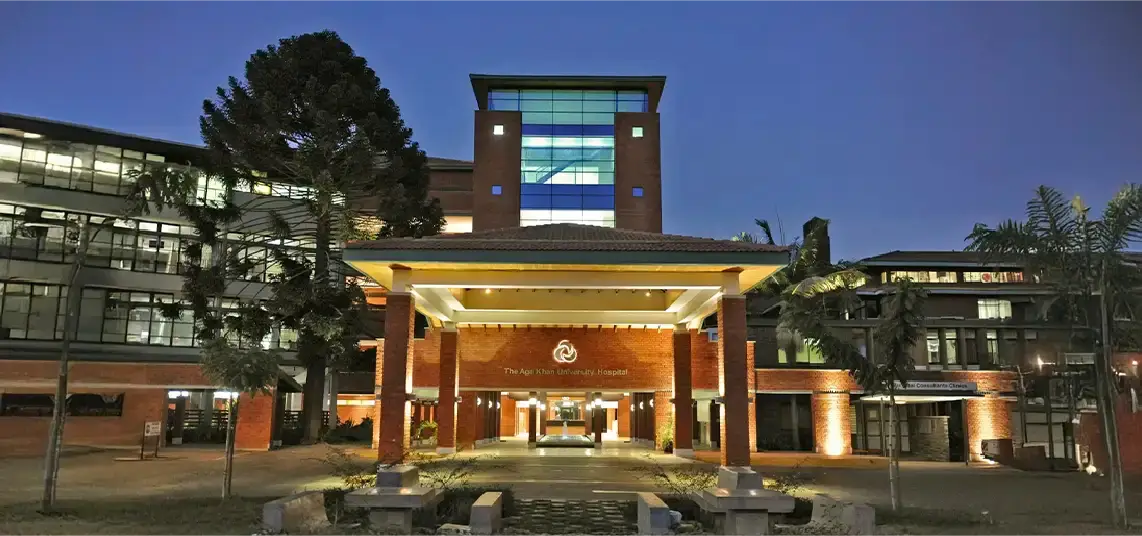
A business mission to study nephrology and oncology
In 2010, I was approached by a multinational firm producing specialised medications for genetic diseases. My mission was to visit as many public and private medical facilities in Nairobi as possible to produce an analysis of Kenya’s current standards regarding nephrology (kidney disease), and oncology (cancer) treatment. The following are a few of my findings from that assignment which are related to the prospects for medical tourism in Kenya.
Within the medical context, Kenyans have a particular affinity for India. Most Kenyans seeking medical treatment abroad choose India because of its advanced medical facilities. India is a major supplier to Kenya and East Africa of pharmaceuticals (notably generics) and equipment. A good percentage of the doctors and specialists practising in the country have received training in India and are of Indian origin.
However, many of the nephrologists and oncologists whom I met in Nairobi have spent some time in South African medical institutions. They expressed a wish to see greater cooperation between Kenya and South Africa, but said that Kenyans generally perceive treatment in South Africa to be too expensive. “Our patients are very cost-sensitive, but expertise from South Africa is still needed.”
India and South Africa are thus particularly well-placed to assist Kenya in establishing itself as a medical tourism hub.
Kenya is becoming a regional hub for renal treatment patients from other East African countries. The Aga Khan Hospital has been making efforts to develop itself into a centre for international medical tourism, and is building a new heart and cancer centre. The hospital supports Intermediate renal services to keep more Kenyan patients in the country instead of seeking assistance in India and elsewhere. The hospital will also attract patients from neighbouring countries.
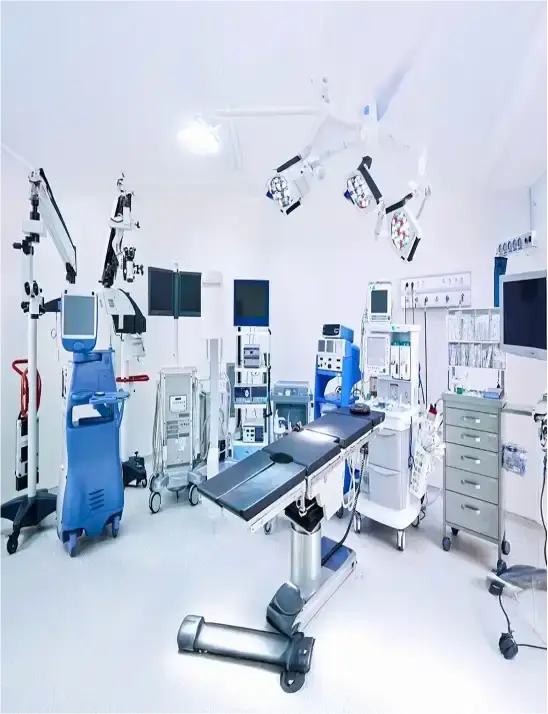
Kenya’s current health sector infrastructure
According to the Kenya Medical Practitioners and Dentists Council, Kenya has 14 000 medical facilities and 15 000 registered doctors and dentists. Most facilities are in Nairobi, although other major cities such as Mombasa and Eldoret , also have large-scale hospitals and clinics.
In major recent improvements, the Kenyatta University Teaching, Referral and Research Hospital has installed new diagnostic equipment. New cancer radiotherapy machines have also been procured for the Kenyatta National Hospital.
The health sector is strongly supported by donors and aid organisations such as the World Bank and the Bill and Melinda Gates Foundation.
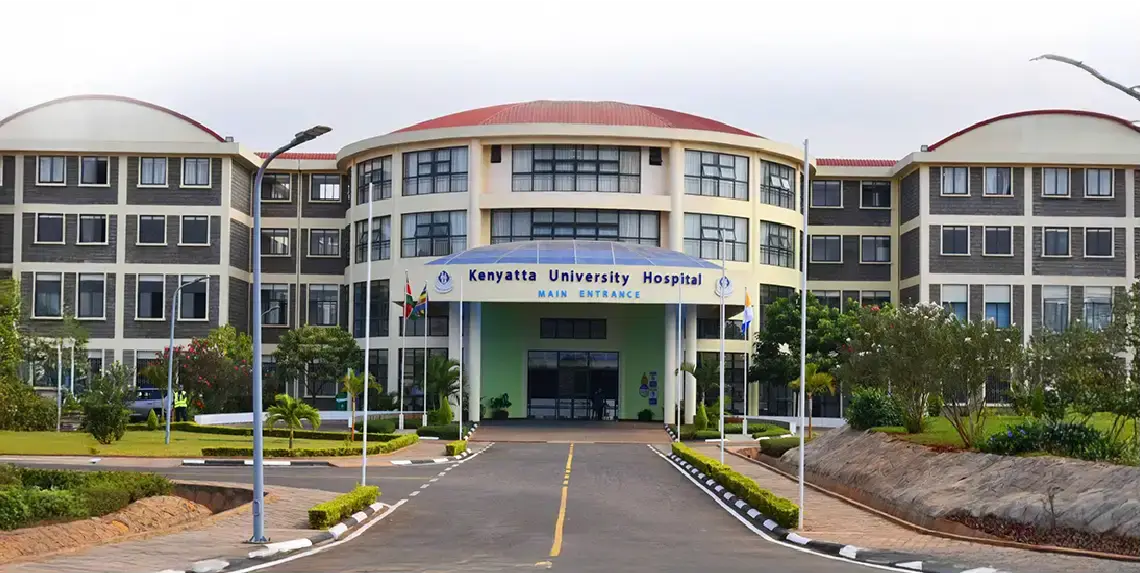
Innovations required for achievement of a medical tourism hub
One way of ascertaining what Kenya needs to do to become a medical tourism hub, is to examine the perceptions of Kenyans who leave the country for medical treatment. One such analysis by the Kenya Medical Practitioners and Dentists Council found that these patients left the country mainly for cardio, oncology and renal treatment. Many said that they were seeking a second expert opinion on their condition.
Improvements in specialist training and an increase in the number of specialists in critical maladies will help dispel the perceived need for second opinions. In 2019, the Ministry of Health established a special task force to train medical specialists. (Kenya has fewer than 100 oncologists for the population of about 55 million, and only 31 trained nephrologists.)
The private sector is strongly involved in Kenya’s healthcare sector, and is far better staffed and equipped than the public sector. Private healthcare has many of the required specialists, as well as the necessary equipment and facilities such as diagnostic equipment and functional dialysis centres. Public-Private-Partnerships will be required to advance the medical tourism hub objective.
Kenya has a way to go in substantially realising its medical tourism ambition. But it has the platform to eventually achieve that goal.
